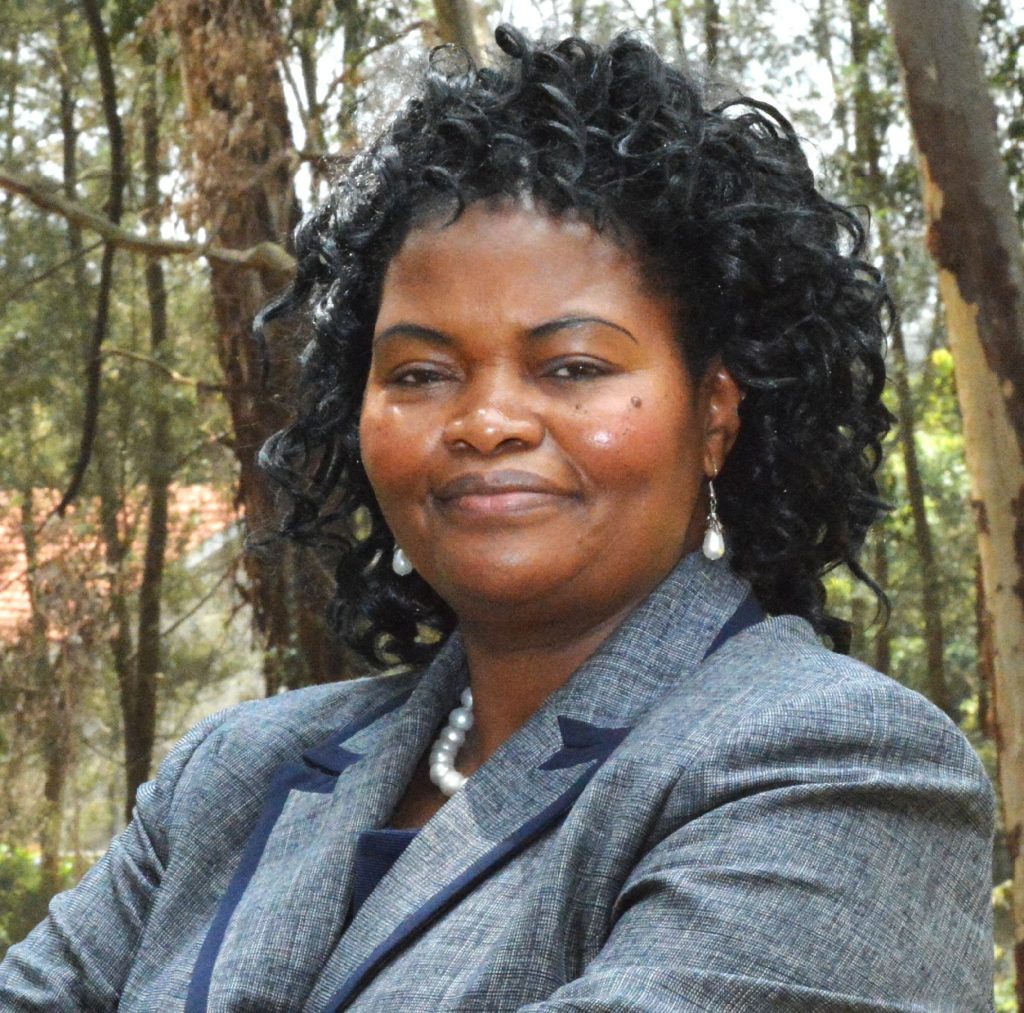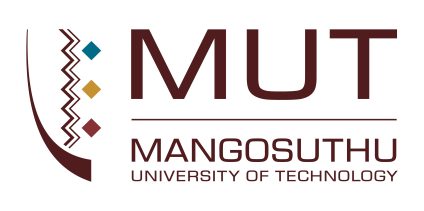
The University is directly benefiting from the annual Science, Technology, Engineering, Mathematics, and Innovation (STEMI) lectures of the Academy of Science of South Africa (ASSAf). The organisation hosted its first lecture on 27 March 2025. The speaker was Professor Catherine Ngila, retired academic from the Republic of Kenya. This event, brought to MUT by the University’s Institutional Advancement (IA), and the Faculty of Applied and Health Sciences, underscored the critical role that STEMI plays in South Africa’s economic development, innovation landscape, and social progress.
Professor Ngila focused on several areas related to education. However, her primary goal was to explore how STEMI could be utilised to empower women and young people. Empowering these two sections of the community is what she does through her organisation, the African Foundation for Women and Youth in Education, Science, Technology, and Innovation (ESTI), which she founded. Although retired, her bag is full of the material she published. Addressing attendees online, Professor Ngila stated that the foundation focuses on providing mentorship to women and youth in education and STI/STEM fields. She bemoaned the low number of women in science and stated she wanted to transform girls’ thinking and close the gender gaps in education, particularly in STEM (Science, Technology, Engineering, and Maths).
The Department of Environmental Health, which was involved in organising the lecture, has positioned itself well to manage the challenges that Professor Ngila mentioned. The decisions made by the department will go a long way in changing the fact that in South Africa, women constitute only 13% of STEM graduates and hold just 28% of STEM-related jobs. The department has transitioned from offering a diploma to now offering a four-year Bachelor of Science (BSc) in Environmental Health Science. The change enhances the scientific foundation of the qualification, aligning it with STEM disciplines.
Ana Bigara, a Lecturer in the Environmental Health department, said they actively encourage and support female students to enrol with the department provided they meet the entrance requirements. Core first-year modules include Chemistry, Biochemistry and Physics, Mathematics, Microbiology, and Anatomy and Physiology – essential building blocks for advanced technical modules such as Air Quality, Water Quality, and Environmental Management. “This ensures that our graduates, particularly women, are well-equipped for STEM careers in Environmental Health,” said Bigara.
Bigara also said that their plan of action includes enhancing practical laboratory training. This hands-on experience in core science subjects ensures that students acquire the technical competencies necessary for STEM careers. The department also provides mentorship and support programmes. “We are strengthening academic support and mentorship for female students to boost retention and success in the programme. We collaborate with industry and research institutions. Our collaboration focuses on engaging female students in research projects and industry collaborations, which help bridge the gap between academic learning and professional practice,” said Bigara. Bigara added that their focus is on increasing female participation in Environmental Health Science, particularly in areas such as air pollution, water quality, and climate change.
